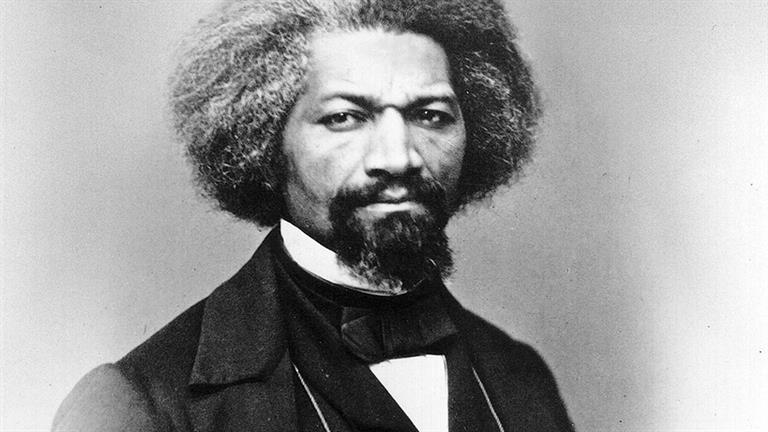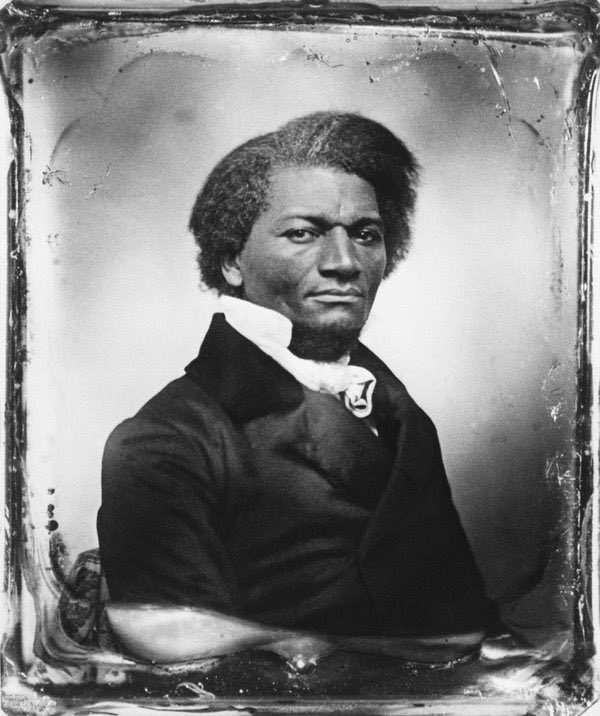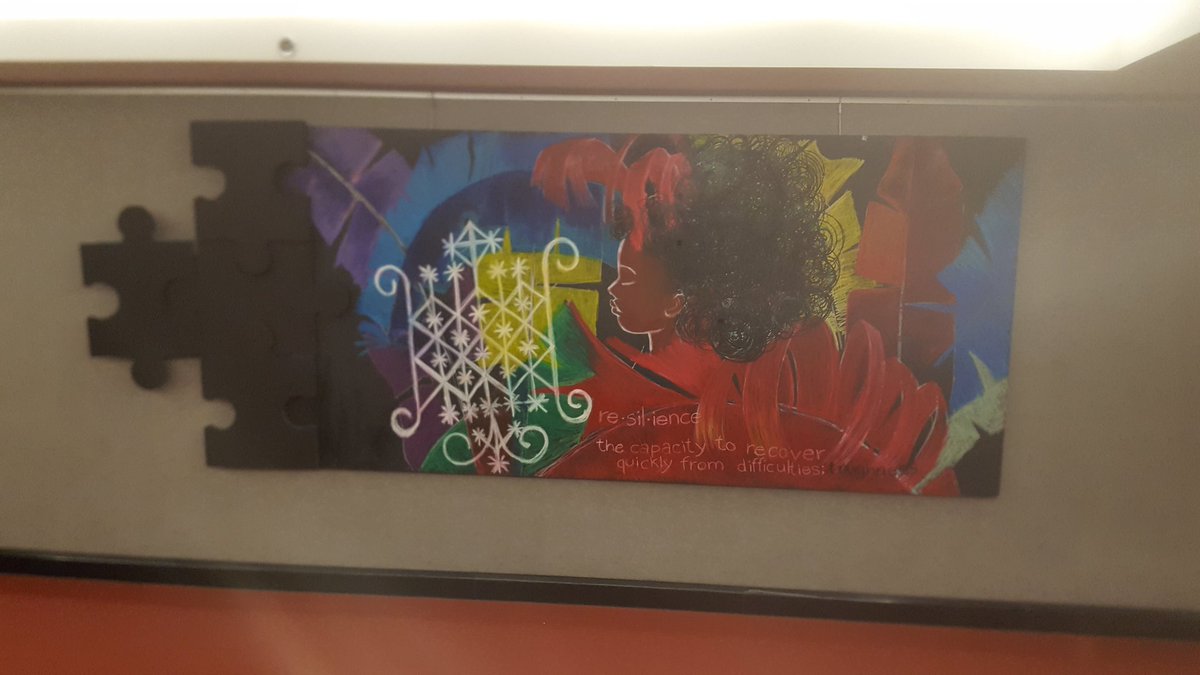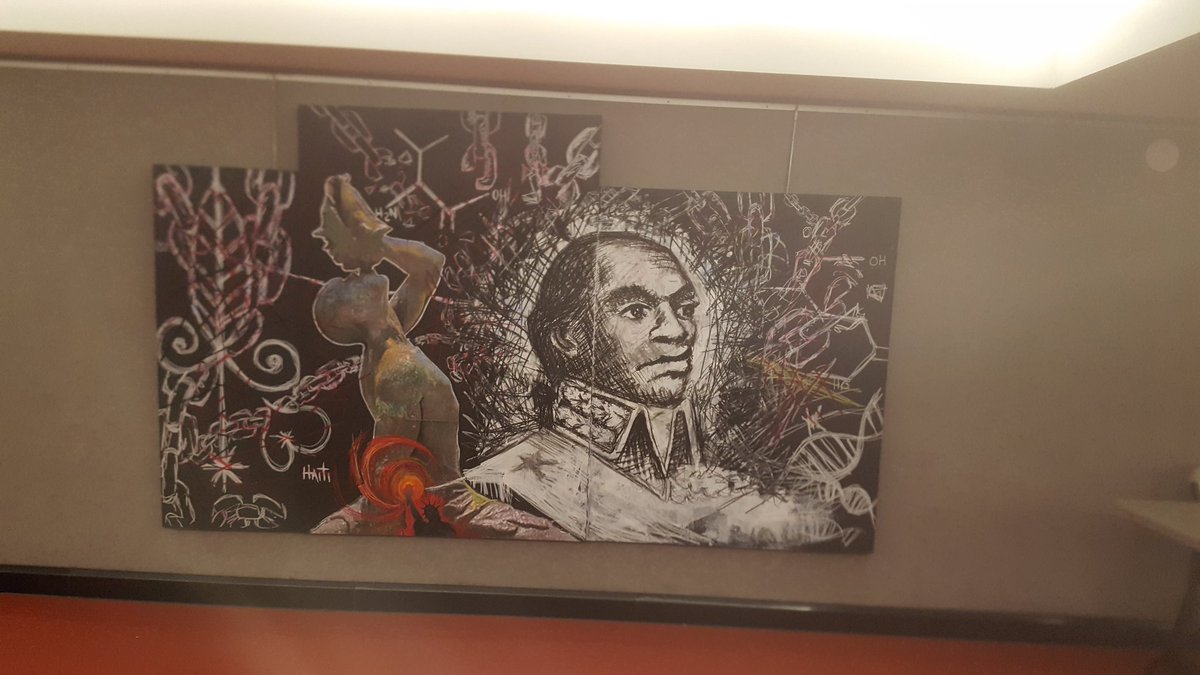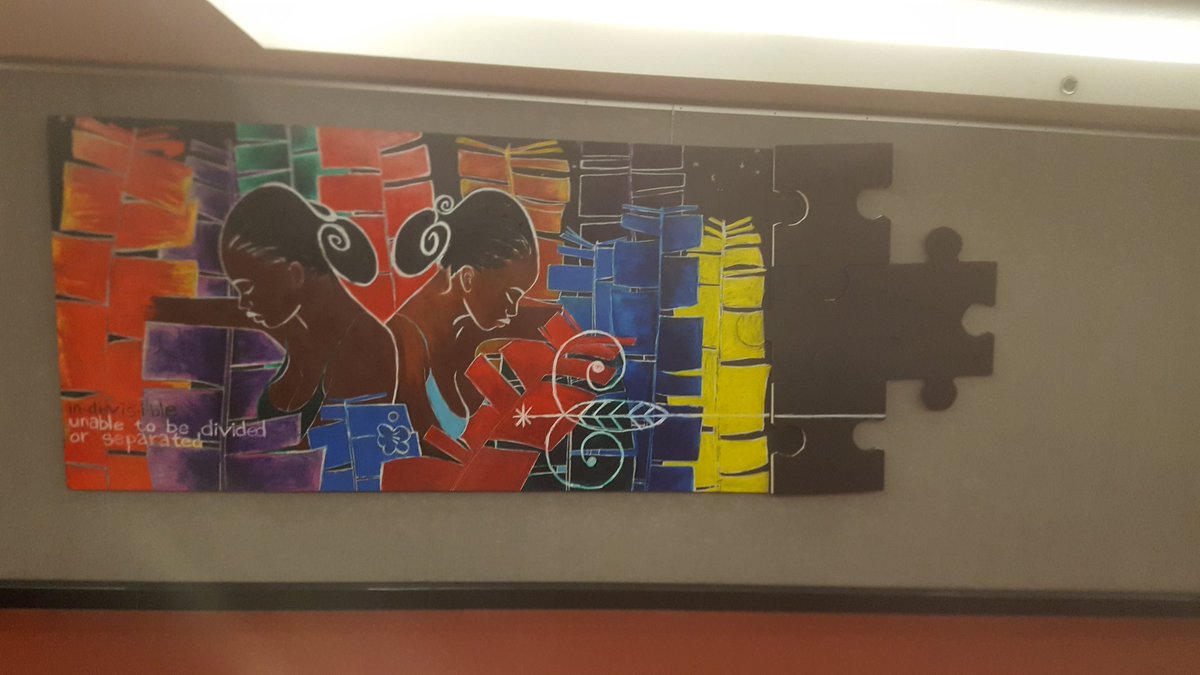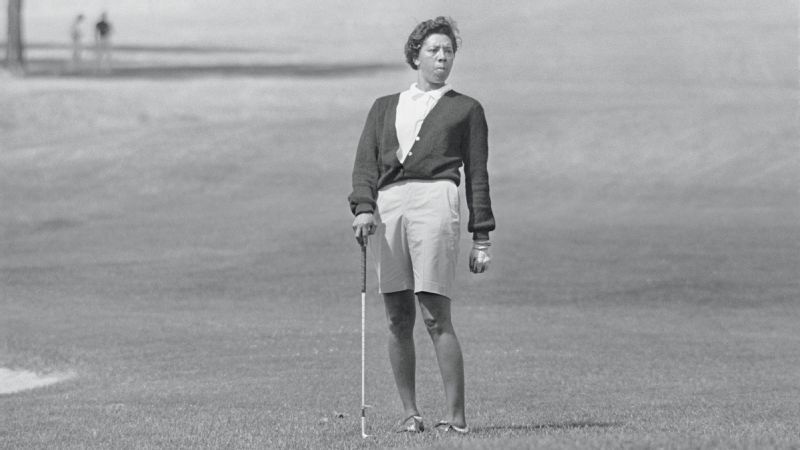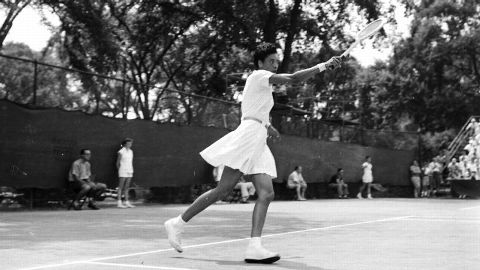out here googling about for more people to post about and ran across this
Poetic Justice: Reflections on Black Feminist Lesbian Mother Poet Audre Lorde
"When author Edwidge Danticat joined protesters at Miami International Airport to rally against the presidents Muslim-targeted travel ban, she evoked the words and fighting spirit of late poet-activist Audre Lorde:
Poetry is not a luxury. It is a vital necessity of our existence, quoted Danticat, in her remembrance of Lorde. Poetry, she said, is how we name the nameless. It forms the quality of the light within which we predicate our hopes and dreams toward survival and change, first made into language, then into idea, then into more tangible action.
And as Danticat observed, it was and is as if Lordes fearless quest for truth and transformation has infused the fighting soul of women who in this very moment are rallying against injustice, and all of the intersections of discrimination. In Lordes era of 1960s and 70s civil rights activism, she refused to be labeled or boxed into any one identity or cause. Instead, Lorde described herself as a black feminist lesbian mother poet and never one or the other."
Poems and more Biography of her's are here
Never to Dream of Spiders
BY AUDRE LORDE
Time collapses between the lips of strangers
my days collapse into a hollow tube
soon implodes against now
like an iron wall
my eyes are blocked with rubble
a smear of perspectives
blurring each horizon
in the breathless precision of silence
one word is made.
Once the renegade flesh was gone
fall air lay against my face
sharp and blue as a needle
but the rain fell through October
and death lay a condemnation
within my blood.
The smell of your neck in August
a fine gold wire bejeweling war
all the rest lies
illusive as a farmhouse
on the other side of a valley
vanishing in the afternoon.
Day three day four day ten
the seventh step
a veiled door leading to my golden anniversary
flameproofed free-paper shredded
in the teeth of a pillaging dog
never to dream of spiders
and when they turned the hoses upon me
a burst of light.


